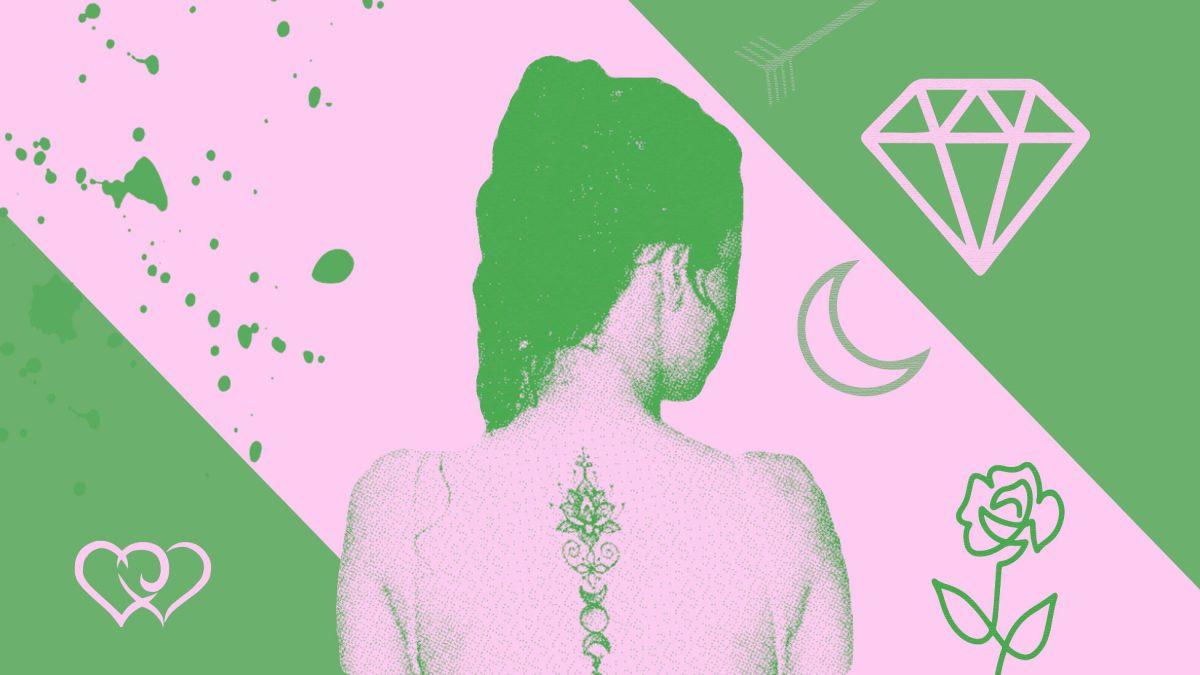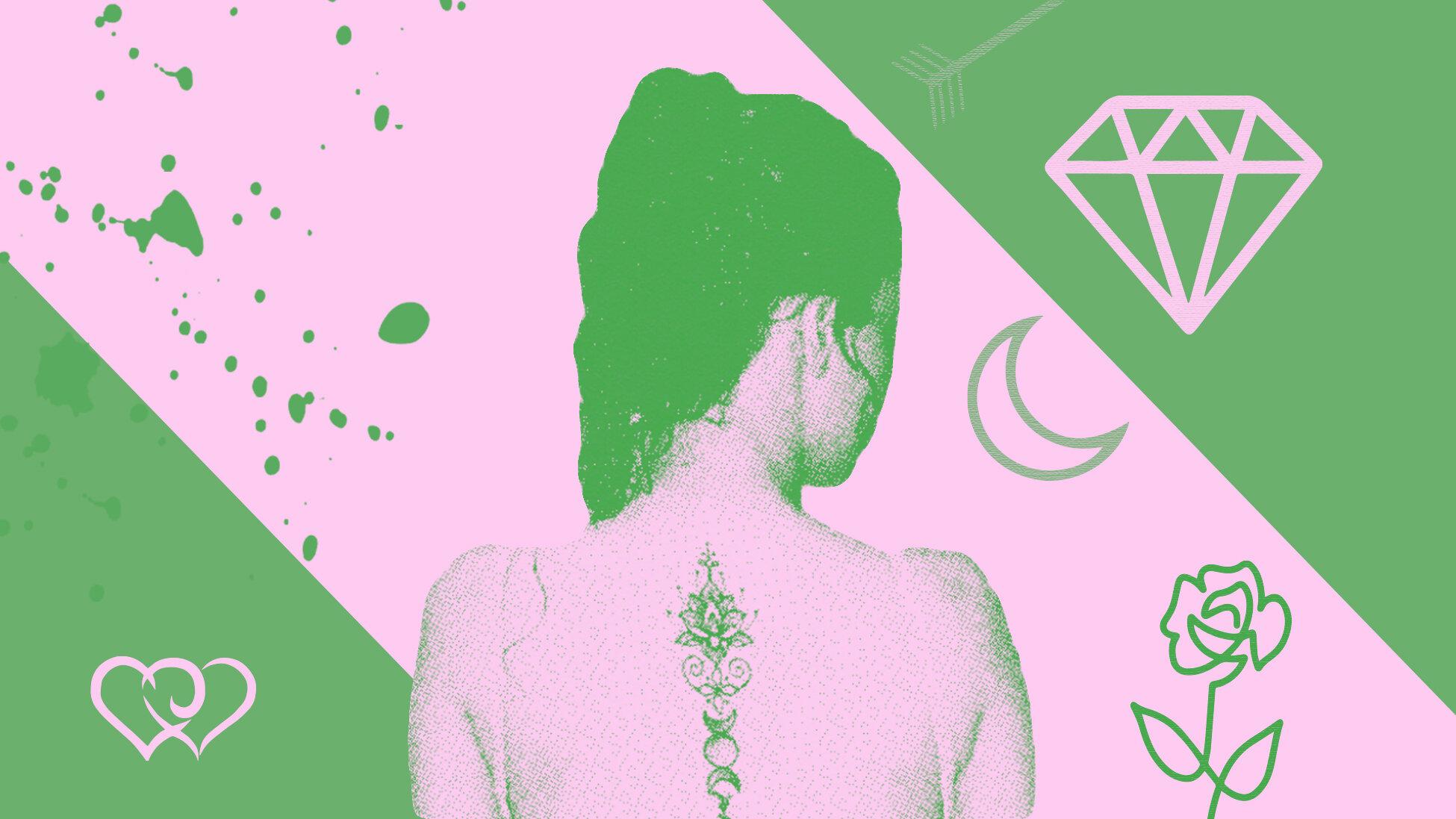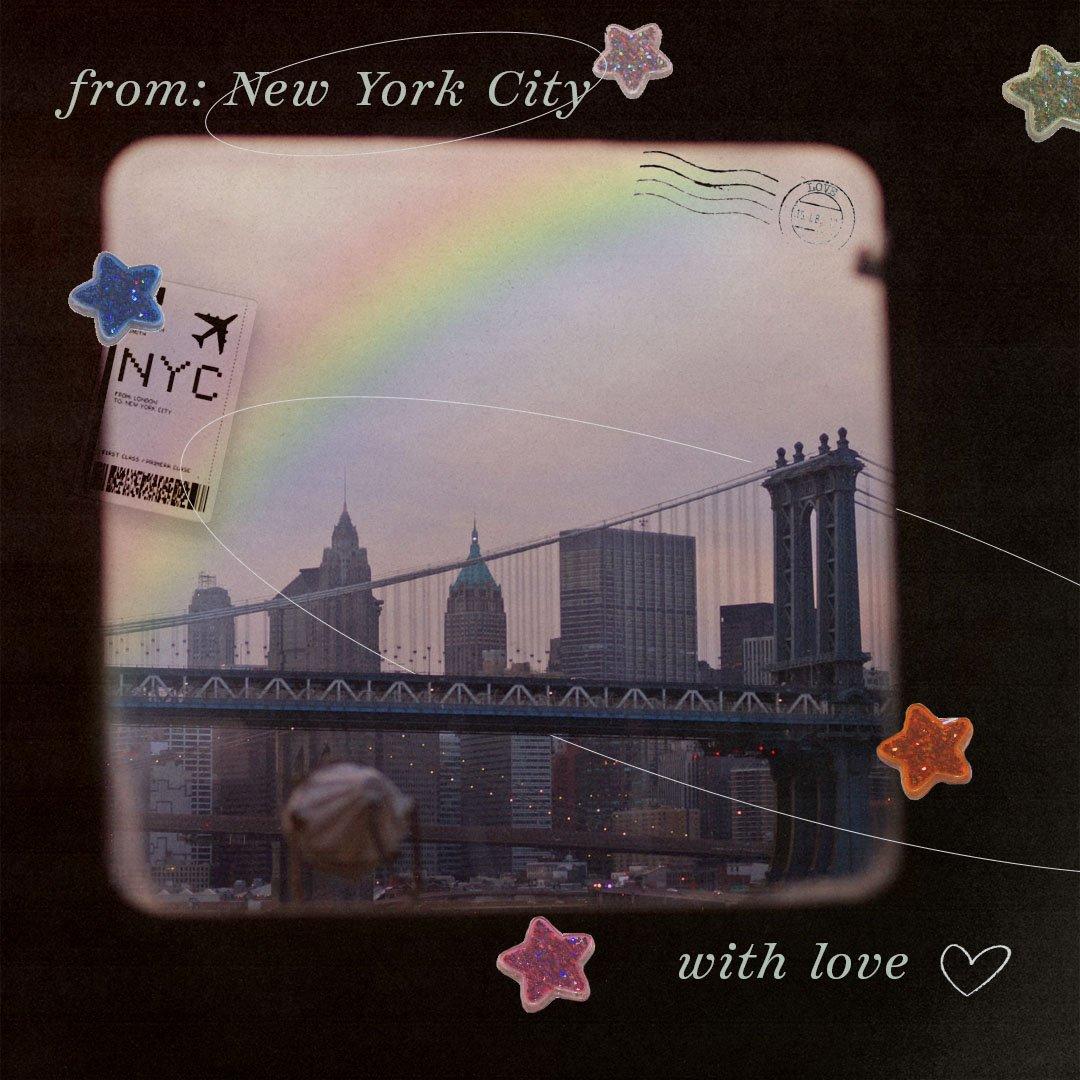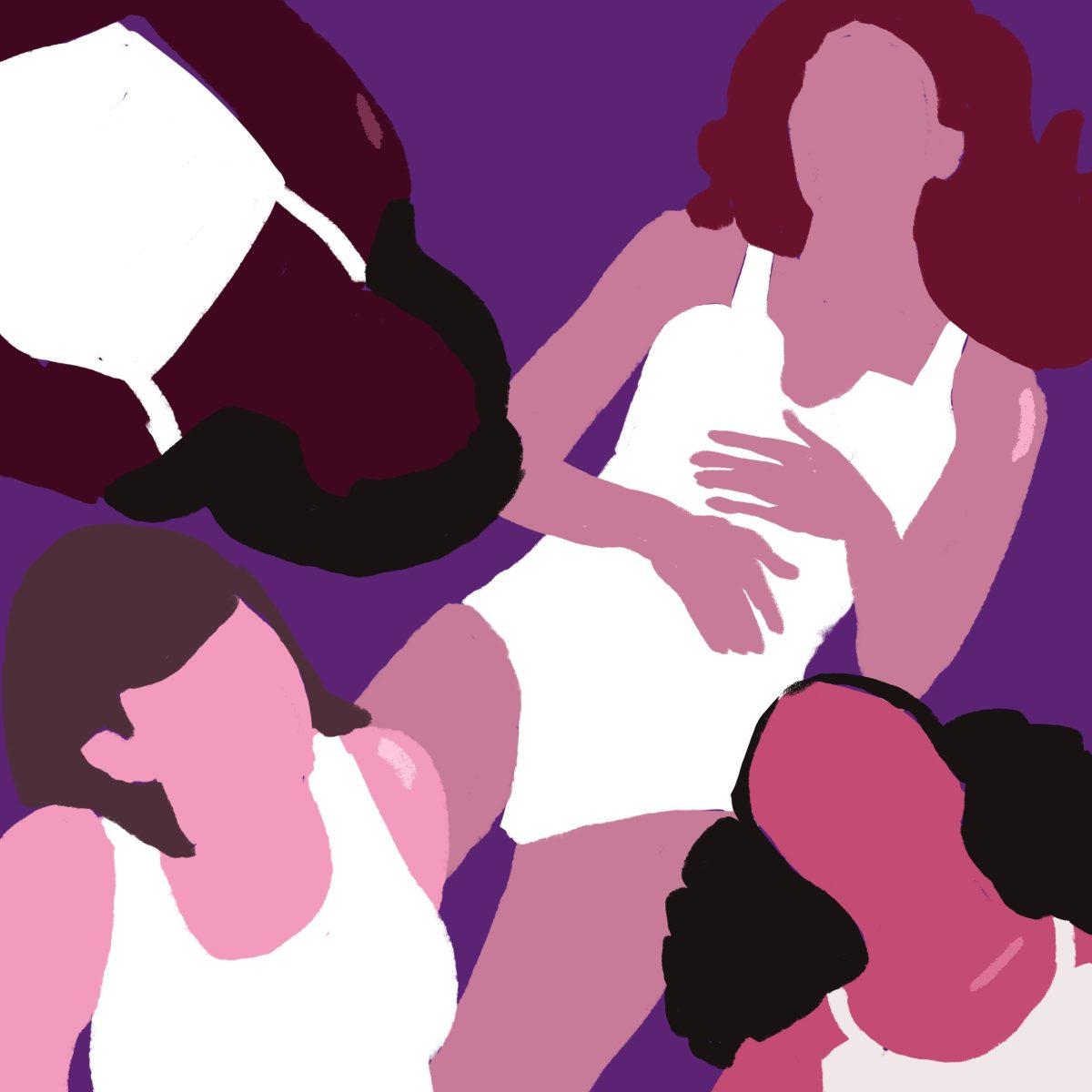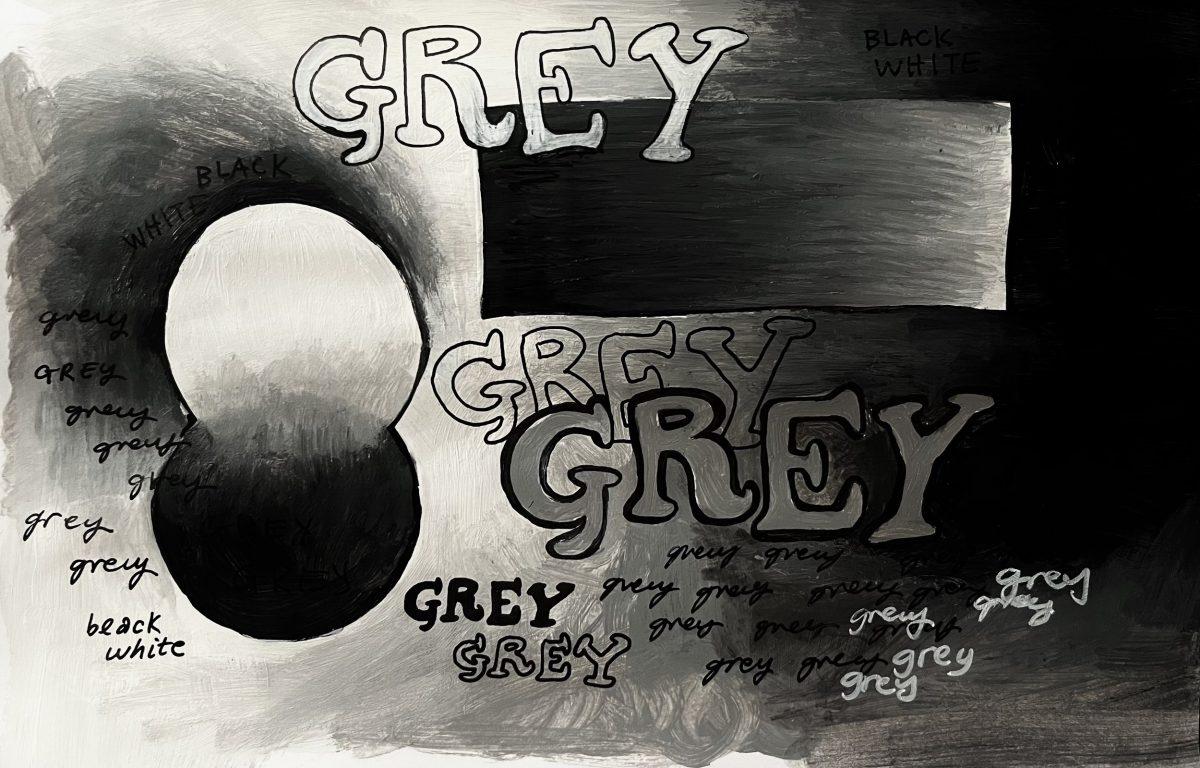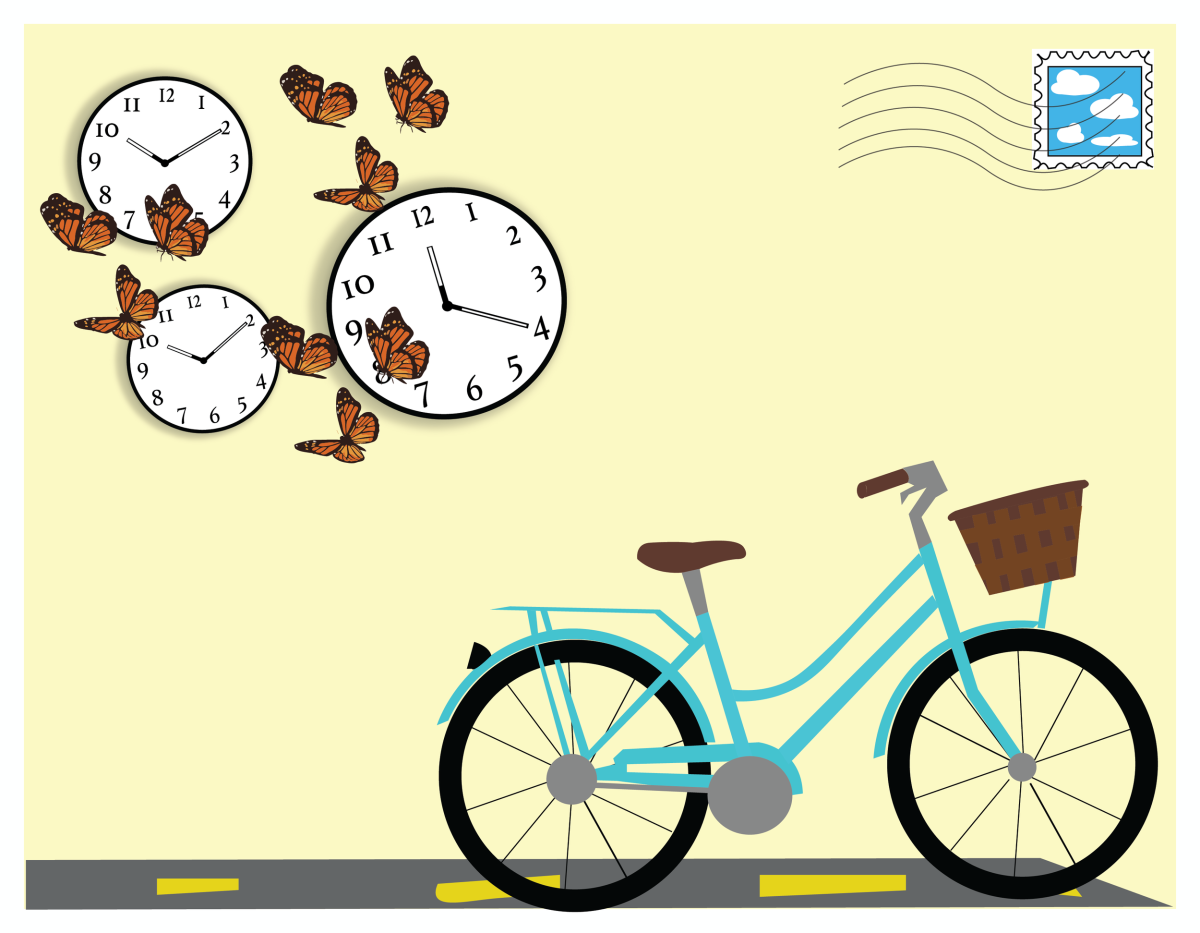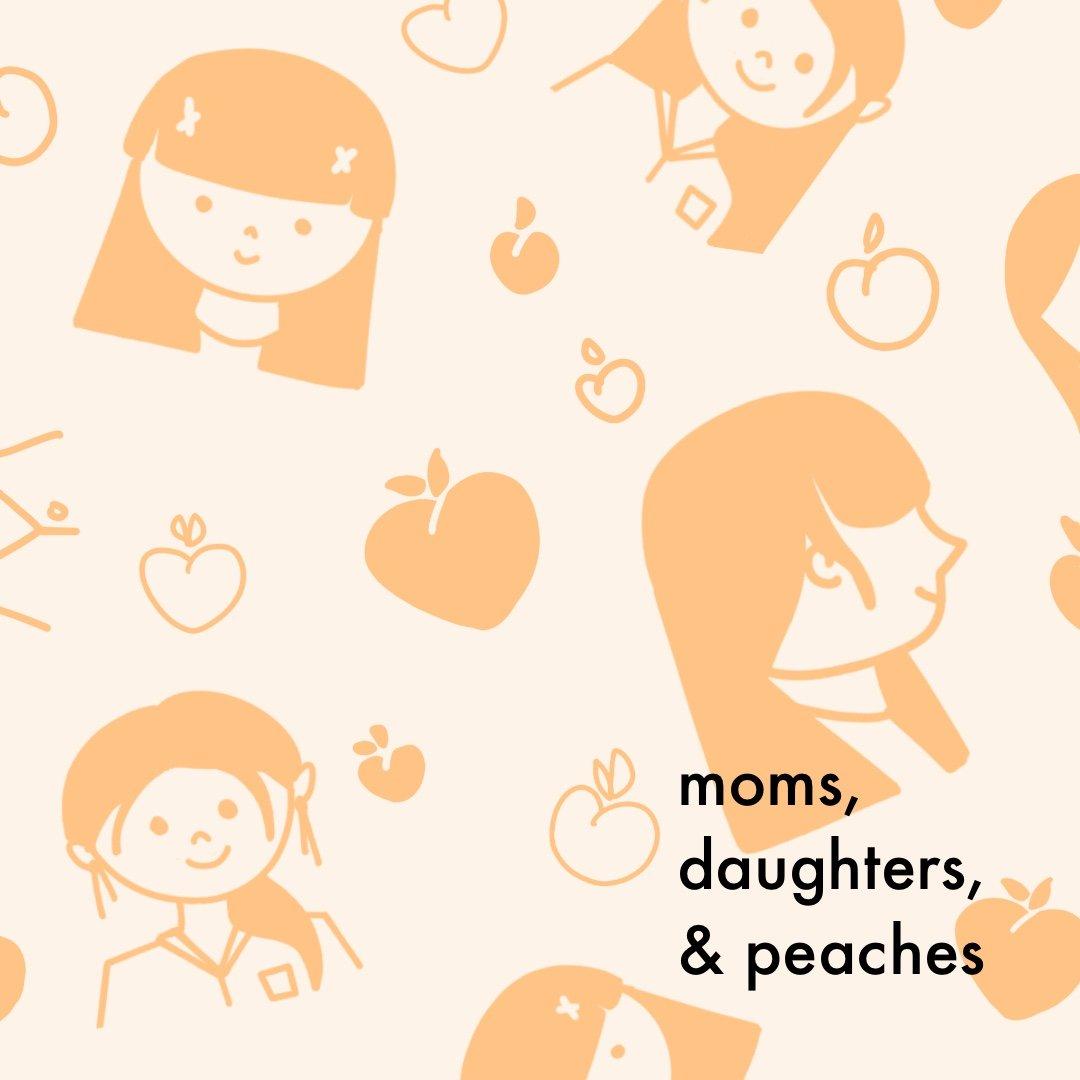Story by Emma Bittner // @emmabittnerr // she/her
Illustrations by Sanjana Reddy // @sanj_r12 // she/her
Art hangs on walls in expensive frames and thousands gawk at it. Millions of dollars are spent to own an original piece of art and have it be a centerpiece in your home. Art is timeless and often seen as invaluable, so why is inked art not seen as the same?
For thousands of years, tattooing has been used to reflect cultural ties, wealth, status, and self-expression. The art of tattooing was first tied back to the Egyptians and the permanent inking of women’s mummified bodies. Often used as a protection and safe-guarding for pregnant women in Egyptian culture, tattoos have come a long way. Now seen more as a means of self-expression and art to carry with yourself, tattoos’ meaning has changed, but the importance has not dwindled.
When in the past tattoos were seen as a status of wealth and connection to your heritage, it’s odd that now, tattoos, especially when received by younger adults, are seen as rash and impulsive – when it’s honestly just the opposite. The perception of tattoos has changed drastically over this century and is becoming more acceptable, but there is still a stigma to overcome. Now, most people have grown up seeing tattoos on their parents and even their grandparents. The permanence of tattoos is no longer startling but rather standard and sometimes even encouraged.
Tattoos can tie people together and can embody more than just the individual. A student at the University of Texas at Austin, junior human development and family sciences major Clara Campolina de Sá and her cousin, Sarah Galiciolli Orlando, grew up seeing tattoos on family members and saw the importance they had to them. When they were old enough to get inked, they knew they too would eventually carry art on their bodies.
“Most people in my mom’s family have tattoos, so it’s something I grew up with,” Campolina de Sá said. “I always thought that a well-done tattoo looks so beautiful. They can mean so much, from simple interest to a life story, and I strongly believe that tattoos are art.”
Many argue that getting something as permanent as a tattoo requires meaning and that the art should reflect a piece of yourself. While the stories behind meaningful tattoos are powerful and are a gentle reminder of your past, not every piece has a meaning, nor should it have to.
“I really love all nineteen of my tattoos, still. Right now, my favorite is the latest one I got,” Orlando said. “It’s a phrase in Latin, ‘Nolite te bastardes carborundorum,’ that translates to ‘Don’t let the bastards grind you down.’ The story behind it is kind of unpleasant, but let’s just say some men already hurt me deeply, and it’s a reminder that I’m stronger than I think and better than those bastards.”
They often say that once you get your first tattoo, you can’t stop. Seasoned under the needle, freshman arts management and cultural studies major at Anglo-American University in Prague, Madisen Fawver, is one of many people upset by the inaccessibility to tattoos at the beginning of the pandemic and disappointed by the cancellation of tattoo appointments.
The pandemic put a pause on tattooing because of the close quarters, artists are with their clients. To protect tattoo artists and prioritize slowing the spread, the beginning months of the pandemic were slow and walk-in tattoos were not an option. After the initial shock and lockdown, tattoo shops slowly began opening again with immense precautions.
“I’ve gotten three tattoos since the pandemic began,” Fawver said. “I think the biggest influence the pandemic had on me was the desire to get more tattoos because we physically couldn’t for so long that it made the itch to get them even worse.”
The first few months of the pandemic were dark and lonely. With lots of time to reflect, many found new ways they wanted to express themselves, tattoos being a common solution.
“Being alone makes you think more about yourself and life,” Orlando said. “I struggled with my mental health during this pandemic, and art is always an escape from reality. So I turned to makeup and tattoos. Plus, seeing another person always made me less anxious and sad, so the tattoo sessions were always a pleasant moment, despite the pain and the safety protocols.”
Whether it be that months of quarantine have left you with a new perception of yourself and the world around you, or you want to express your way in a way for everyone to see, tattoos are personal and powerful.
“My cousin always says that her body is a temple, and she’s just decorating, and I love that,” Fawver said. “I love art and think this is just another way to express that, as well as have fun ties to memories.”































